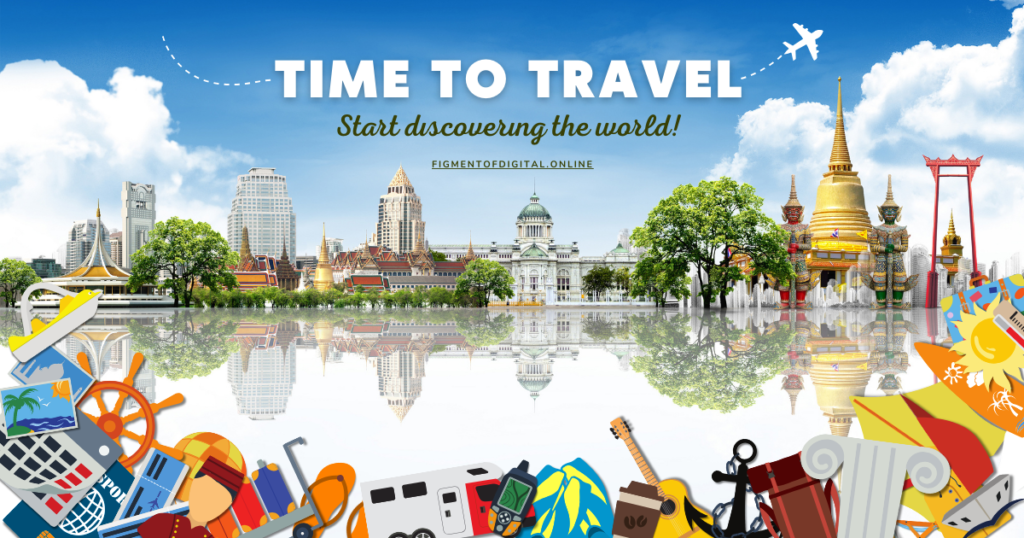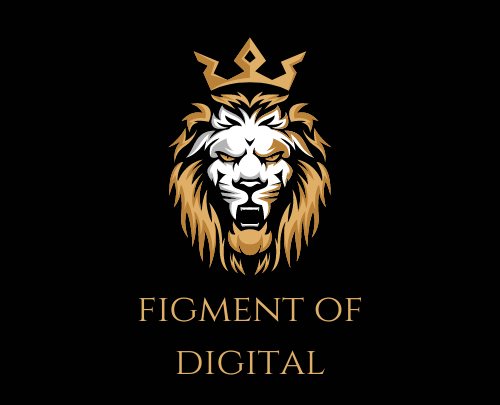
It has evolved into a global phenomenon that shapes cultures, economies, and personal experiences. As we navigate the complexities of modern life, traveling offers a unique opportunity to break free from routine, discover new perspectives, and create lasting memories. In this blog, we’ll explore the multifaceted world of tour, its benefits, challenges, and future trends.
The Benefits of Tourism
Economic Growth
It is a significant driver of economic development. It creates jobs, stimulates local businesses, and generates revenue for governments. In many countries, especially those reliant on natural beauty and cultural heritage, tourism can be a lifeline. For example, places like Bali and Santorini thrive on tour, with their economies largely dependent on travelers who seek relaxation and adventure.
Cultural Exchange
Traveling allows for cultural exchange, fostering understanding and appreciation among different peoples. When tourists immerse themselves in local traditions—be it through food, music, or festivals—they not only enrich their own lives but also support and sustain local cultures. This exchange can promote tolerance and break down stereotypes, creating a more interconnected world.
Personal Growth
On a personal level, tours offers transformative experiences. Whether it’s hiking the Inca Trail, exploring ancient ruins, or simply enjoying a sunset on a beach, travel encourages self-discovery and personal growth. Many travelers return home with a renewed sense of purpose, new skills, and lifelong friendships formed across borders.
The Challenges of Tourism
Environmental Impact
While tours brings numerous benefits, it also poses significant challenges, particularly for the environment. Over-tourism can lead to habitat destruction, pollution, and the depletion of natural resources. Iconic destinations like Venice and Machu Picchu are grappling with the effects of mass tourism, prompting discussions about sustainable practices and the need for responsible travel.
Cultural Erosion
As more destinations become popular, there’s a risk of cultural erosion. Local customs and traditions can be diluted or commercialized to cater to tourist expectations, which may ultimately undermine the very essence of a culture. Striking a balance between welcoming tourists and preserving local heritage is crucial for sustainable tourism.
Economic Growth
Tourism is a significant driver of economic development across the globe. It creates millions of jobs, stimulates local businesses, and generates substantial revenue for governments. In many countries, particularly those rich in natural beauty and cultural heritage, tourism serves as a vital economic lifeline. For instance, destinations like Bali, Santorini, and the Caribbean islands thrive primarily due to tourism, with their economies largely dependent on the influx of travelers seeking relaxation, adventure, and cultural experiences.
Economic Disparities
While tourism can boost local economies, the benefits are not always evenly distributed. In many cases, large corporations dominate the tourism industry, leaving small businesses and local communities struggling to compete. Ensuring that tourism development is equitable and inclusive is vital for fostering community resilience.
Future Trends in Tourism
Sustainable Travel
The future of tourism is leaning towards sustainability. More travelers are seeking eco-friendly options, from carbon-neutral accommodations to responsible wildlife tourism. This shift is encouraging destinations to prioritize environmental preservation and develop practices that minimize their ecological footprint.
Technology Integration
Technology is transforming the travel experience. From virtual reality tours to AI-powered travel planning, advancements are making travel more accessible and personalized. As we move forward, we can expect to see even more innovations that enhance the way we explore the world.
Authentic Experiences
Travelers increasingly crave authenticity. Instead of cookie-cutter vacations, many seek immersive experiences that connect them with locals and provide deeper insights into a destination. This trend encourages tourists to engage in meaningful ways, fostering a greater appreciation for the places they visit.
Conclusion
Tourism is more than just a leisure activity; it is a powerful tool for economic growth, cultural exchange, and personal transformation. As we navigate the complexities of travel, it’s essential to recognize the challenges it presents and work towards solutions that promote sustainability and equity. By embracing responsible travel practices, we can ensure that the beauty of our world continues to be enjoyed for generations to come. So, pack your bags, keep your mind open, and let the journey begin!

